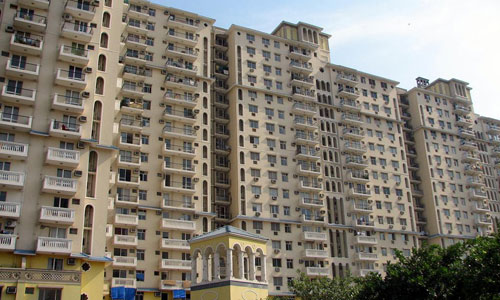
Repositioning and innovation reviving Delhi-NCR real estate-II
Track2Realty Exclusive: The perception of a sluggish market in Delhi-NCR is actually borne out of mistaken understanding of the developers’ marketing push.

Track2Realty Exclusive: The perception of a sluggish market in Delhi-NCR is actually borne out of mistaken understanding of the developers’ marketing push.
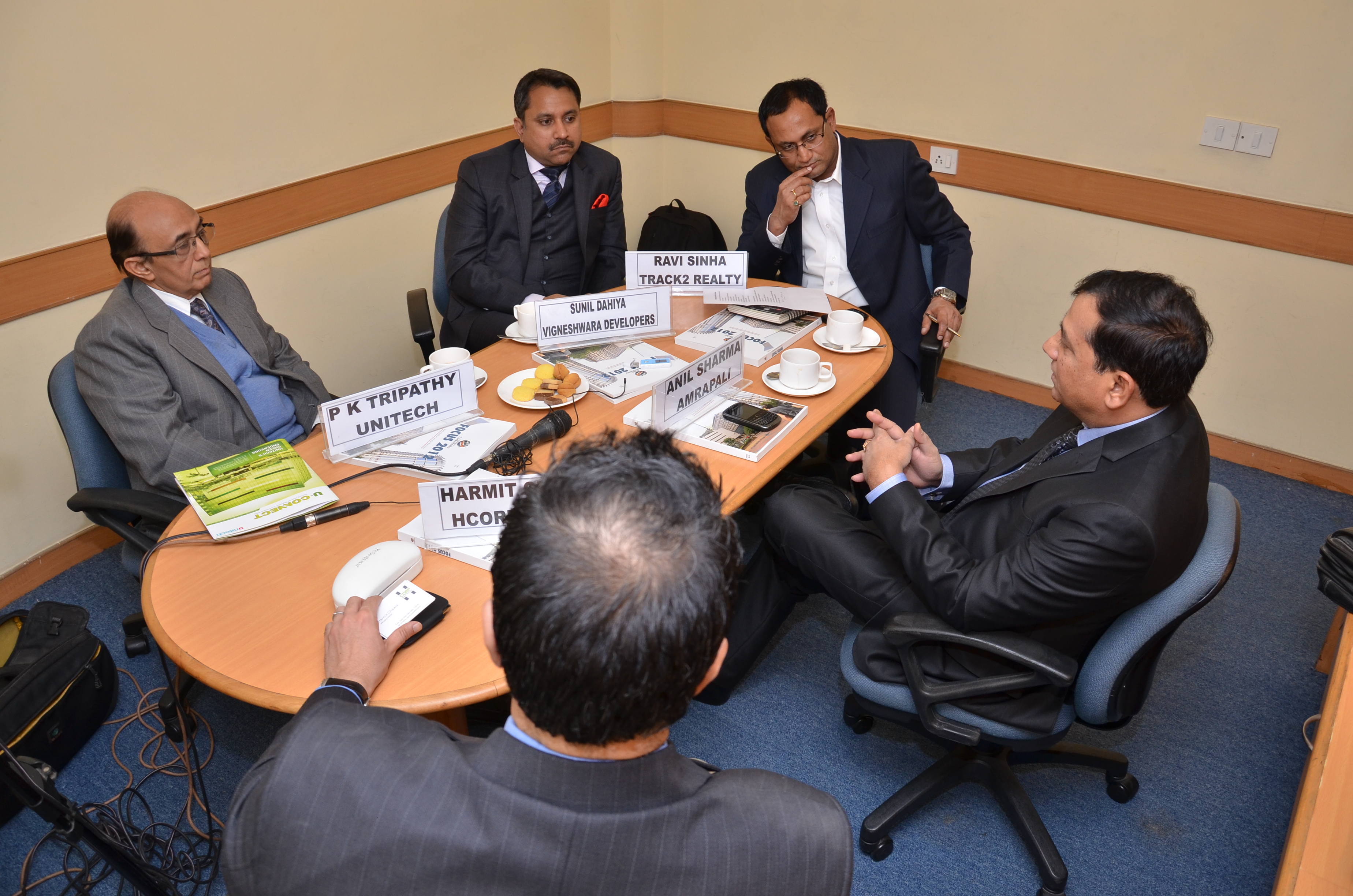
Track2Realty Roundtable
Panelists—Dr Anil Sharma, CMD, Amrapali Group
Sunil Dahiya—Sr Vice President, NAREDCO & MD Vigneshwara Developers
Harmit Chawla—MD, HCorp Realty
PK Tripathi—President, Unitech
Moderator—Ravi Sinha, CEO & Managing Editor, Track2Realty
Ravi Sinha: Many of the developers have realised that focus on execution and not the land bank is the key. Companies which overleveraged their balance sheets or branched out into non-core areas have failed. Developers have also learnt it the hard way that real estate is a micro market business and fancy expectations of going pan-India can boomerang. Are not these tough lessons?

Ravi Sinha: I have a question here, and I will be very frank with Mr Tripathi. Any journalist who writes on real estate finds it very amusing that the sector has always tried to put the ball in the government’s court. Since you have been part of the government, how far will you agree to this?
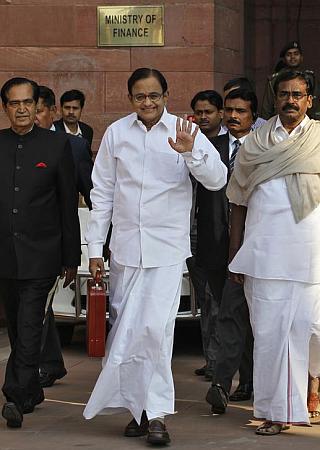
Track2Realty Exclusive: The Indian real sector has evoked mixed response to the Union Budget 2013-14, though by and large there is optimism within the sector. Here are some of the responses—

Track2Realty Exclusive: These are the logical road to reforms and cutting time on approvals. Such a move will go well with the government and thus reinforce the confidence of the buyers also.
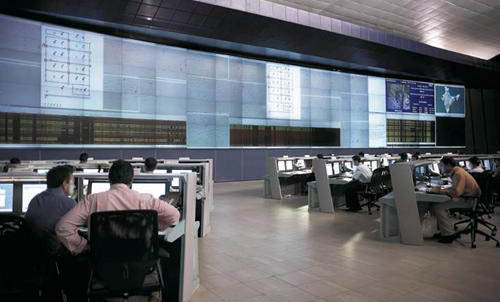
Track2Realty Exclusive: Moderation in new supply brought the vacancy down
During 2012, the new supply dropped by a whopping 40% y-o-y to 18 million sq ft, as across many cities, the slow adjustment of supply with the changing demand patterns took effect. Bangalore was the only exception to this, where the new supply rose by a whopping 35% y-o-y, as a number of developments which had been fast tracked in response to the sharp recovery in demand in the city since 2010, got completed during the period.

Track2Realty: The past decade has witnessed a period of economic transformation of the Indian real estate industry. After the global financial crisis, the pace at which the industry has bounced back is magnificent. Our real estate ecosystem typically comprises of architects, developers, Government & regulatory authorities, financial institutions, private equity players, other funding agencies, brokers, property consultants and of course most importantly the buyers.

Track2Realty: The social responsibility part of the Indian developers has been lacking, to say the least. The manner in which the developers have operated in many emerging micro markets leaves much to be desired of their sensitivities to these issues considering the unprofessional and opaque approach to the functioning of the developers where local level leaders are made a party by greasing their palms.
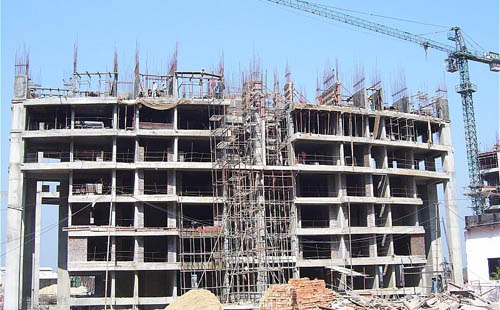
Track2Realty Exclusive-Yearly Analysis: In a market where the five largest firms saw 75 per cent erosion in their combined market capitalization, burdened with debt and struggling with poor growth, there are few lessons these realty companies have been forced to learn the hard way.
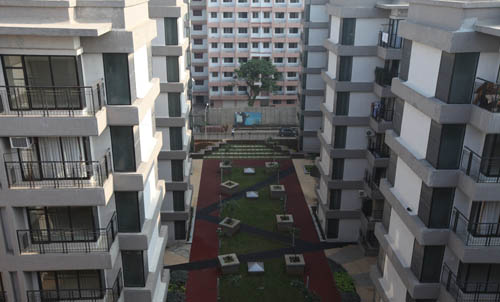
Track2Realty Exclusive-Yearly Analysis: The unprecedented restructuring of project portfolio, selling of land bank, exiting non-core business and the job cuts have yet not led the Indian real estate into the desired comfort zone. The realization to shed the flab has on the contrary left some of the developers to outsource the project execution and pay more.
